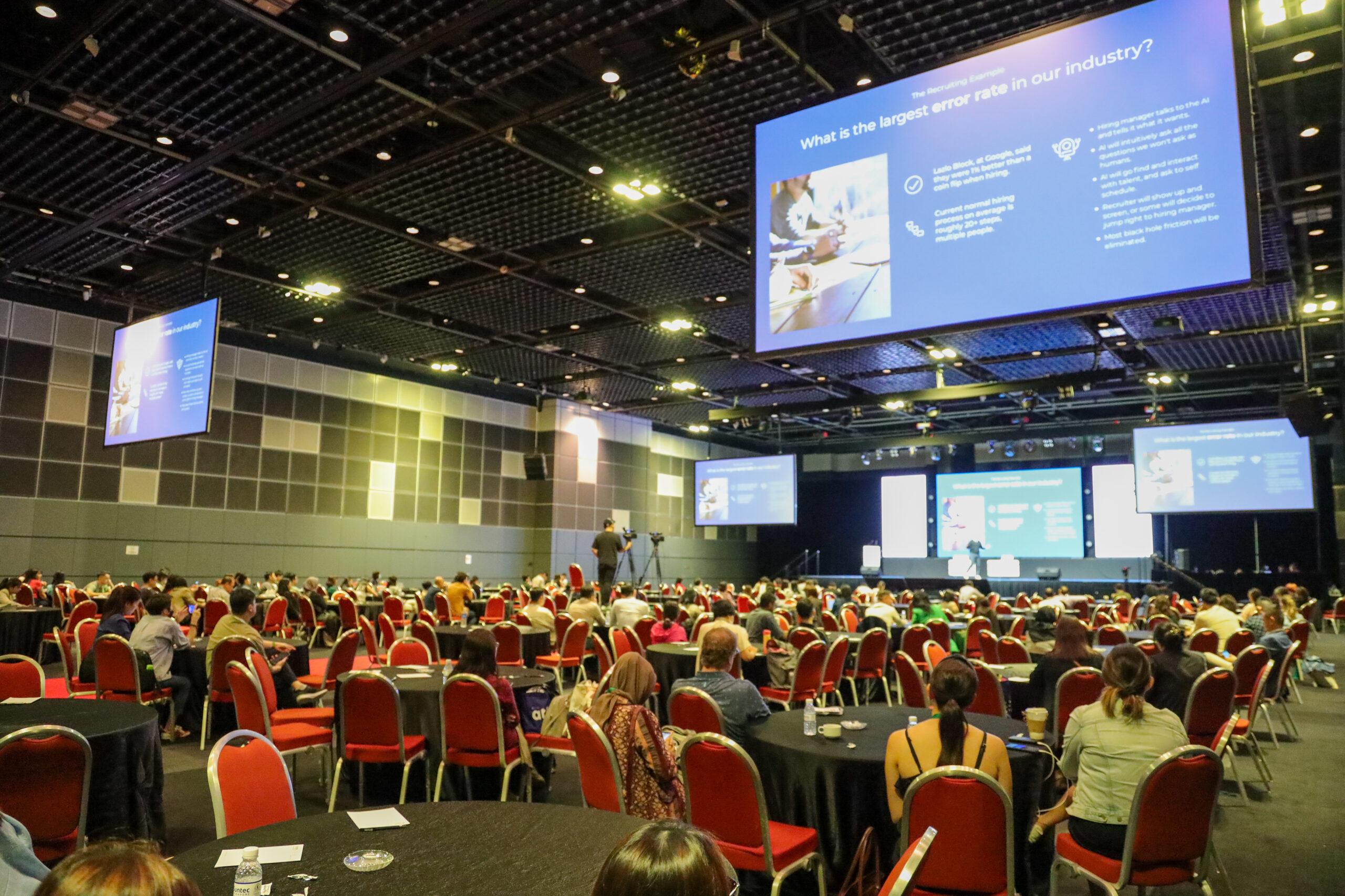HRM Five: Attracting the best millennial talent
- Natalie Chen
There’s no doubt about it – the millennial generation is a different breed from their parents, and different again from the Baby Boom generation that is now edging towards retirement. They have different interests, different ideas about the world, and different wants – which is something employers need to take into account when designing an Employee Value Proposition that piques their interest.
HRM Asia looks at some of the best ways to get the best of these millennials attracted to your organisation.
- Short stays
Millennials don’t plan on staying long with one company. They are very focused and want work that is directly in line with their own career equity, helping them in their long-term employment prospects. They are aware their time is limited and specialise in their own fields.
- Personal growth
More than any previous generation, millennials are seeking a management-employee partnership. They will put in hard work for the organisation for as long as they feel they are getting something positive out of it. But as soon as that changes…
- Immediate benefits
Millennials work in short stints not because they can’t commit, but because of unstable economies and competitive business environments. They look for competitive pay and opportunities for greater responsibility to build their own professional equity and skill sets so they will be at an advantage over the long term.
- Mentorship
Professional services companies, including consulting firms, investment banks, and law firms offer millennials continuing skills development and mentorship. It’s true, they may be preparing to move on to other companies, but the employers are also getting an intense level of hard work from their millennials in the meantime. Often, the employee feels invested and stays for longer-term.
- Skills development
Tech companies are also fighting to recruit, and then keep, millennial talent. Google, for example, sends employees to conferences and boot camps to upgrade their skills. This helps to tap into those lofty millennial aspirations for mutual benefit, while the millennial is able to develop transferrable skills they can apply anywhere.
.






